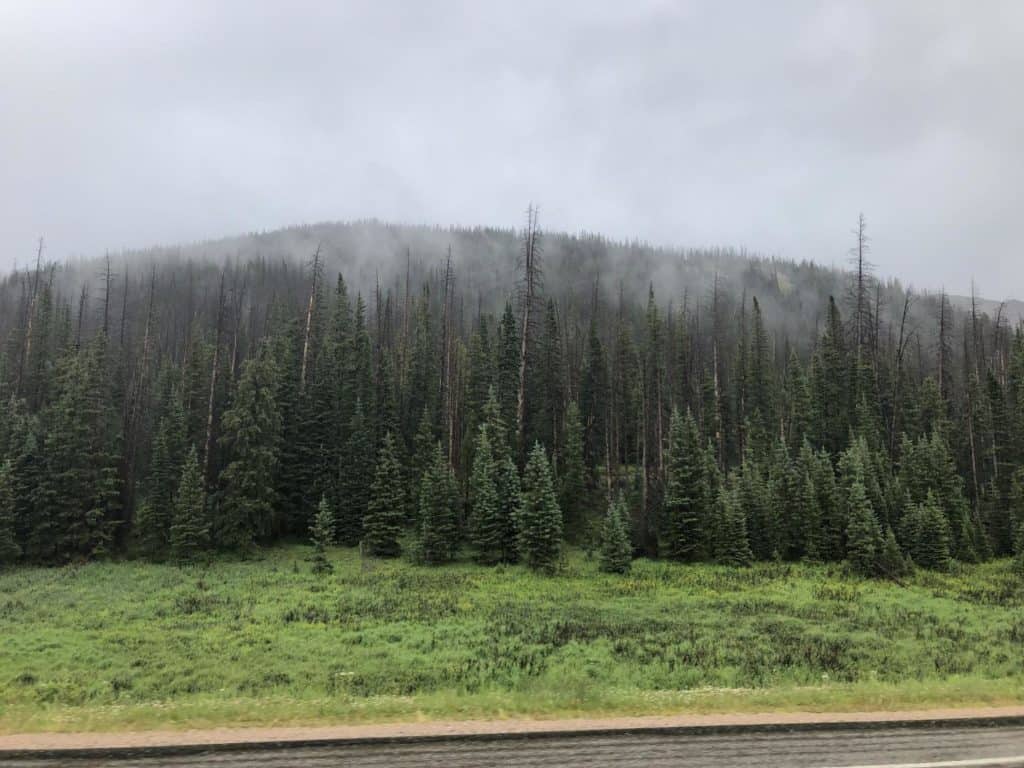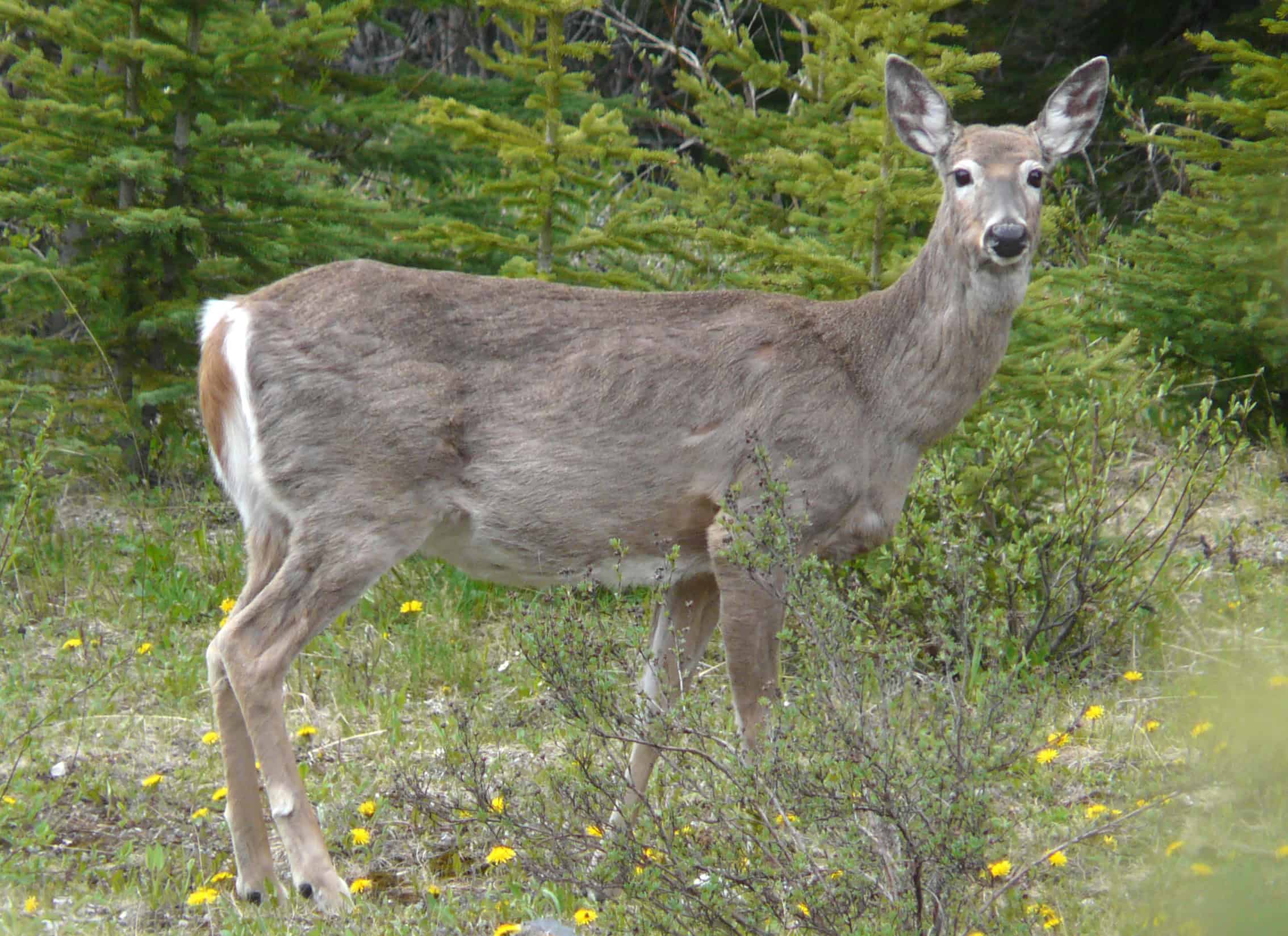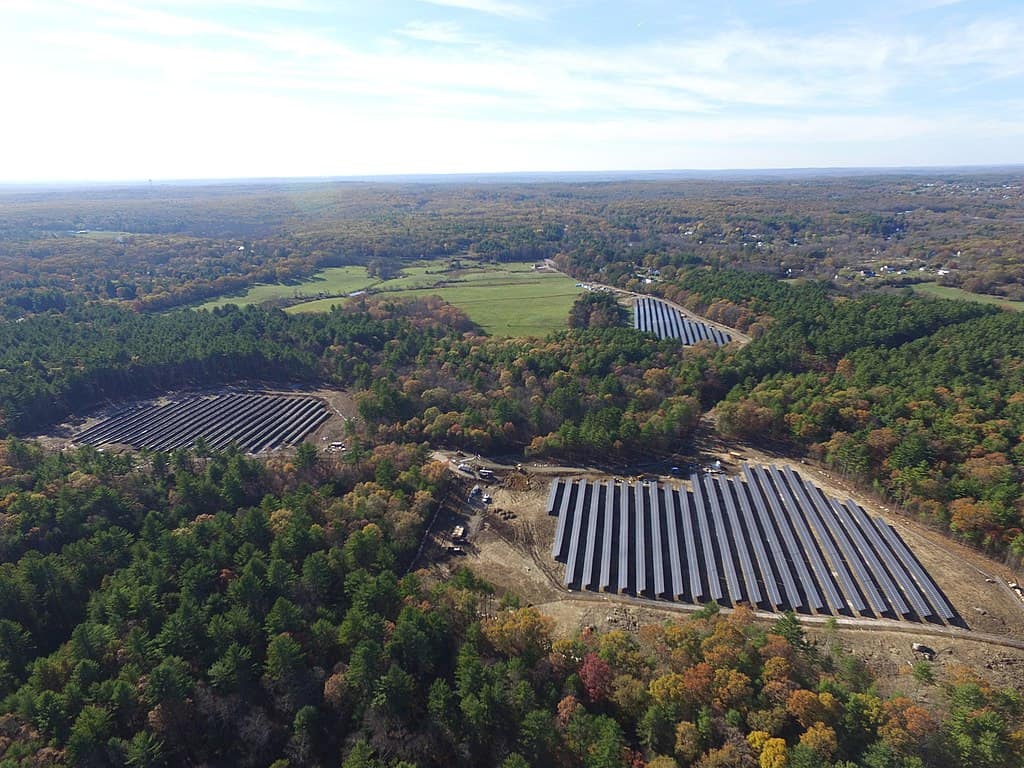Share this article
Bark beetle outbreaks benefit wild bees
While bark beetle outbreaks can be problematic for western forests, they may actually be a boon to wild bee populations.
“These large natural disturbances should not be perceived as completely negative,” said Seth Davis, an assistant professor of forest entomology stewardship in the Warner College of Natural Resources at Colorado State University.
Davis led a study published in Scientific Reports looking at how outbreaks of spruce beetles, a native species (Dendroctonus rufipennis) that kills Engelmann spruce in the Rocky Mountains, impact wild bee populations.
From a previous study, Davis knew that when there’s more canopy cover, there are fewer bees. He wondered how bark beetles may change the forest and canopy structure, and what that might mean for wild bees.
To conduct the study, the team studied wild bees in 28 alpine sites in north-central Colorado. Half were affected by spruce beetles and half were undisturbed. For two years, they used a passive trapping method that reflects light in the ultraviolet spectrum to detect foragers. After collecting actively foraging bees, they euthanized them and pinned them to create an insect collection. The team also recorded measurements of the trees and understory.
The outbreak sites, they found, had more than twice as many bees and 37% greater richness in bee species. Floral abundance was 62% greater.

A high elevation spruce forest has been affected by bark beetles.
Credit: Seth Davis/Colorado State University
Davis said the research provides evidence that by killing the trees, the bark beetle infestations open the canopy cover and allow more light to reach plants and flowers on the ground. Dead trees also provide more cavities for wild bees that nest in dead wood.
“Their abundances are low, and there aren’t a lot of things that create new habitat for them,” he said. “In a way, it’s doing us a favor creating habitat for these rare bee species endemic to high elevations and creating habitat for pollinators in general.”
While these outbreaks are widely considered to be detrimental, Davis said, “the message I really want to convey is that these large, natural disturbances should not be perceived as completely negative. It’s pretty evident they have positive impacts on species of global concern.”
Header Image:
Researcher Seth Davis holds a large Bombus queen and worker bee among his collection.
Credit: Karina Puikkonen/Colorado State University








